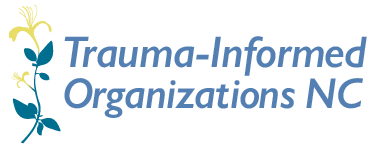These questions were developed to review specific policies about service exclusion through a trauma-informed lens.
Guide to Broad and Inclusive Family Definitions in the Workplace Leave Context
A guide to assist organizations to add broad and inclusive definitions of family in the context of workplace leave policies.
Guidance on Developing Trauma-Informed Policies and Procedures
General recommendations for developing or updating an organziation's policies and procedures manual through a trauma-informed lens.
Employee Handbook Builder
The Society for Human Resources Management (SHRM) provides a very general starting point with employee manual development. SHRM also sells a
Fragrance Free Policy
Many organizations request that people who enter their spaces do not wear fragrances due to allergies or trauma associated with scents. This site
Model Workplace Policy: Domestic Violence, Sexual Violence, and Stalking
Model Workplace Policy: Clear guidelines help employers appropriately respond to domestic violence, sexual violence, and stalking impacting the
